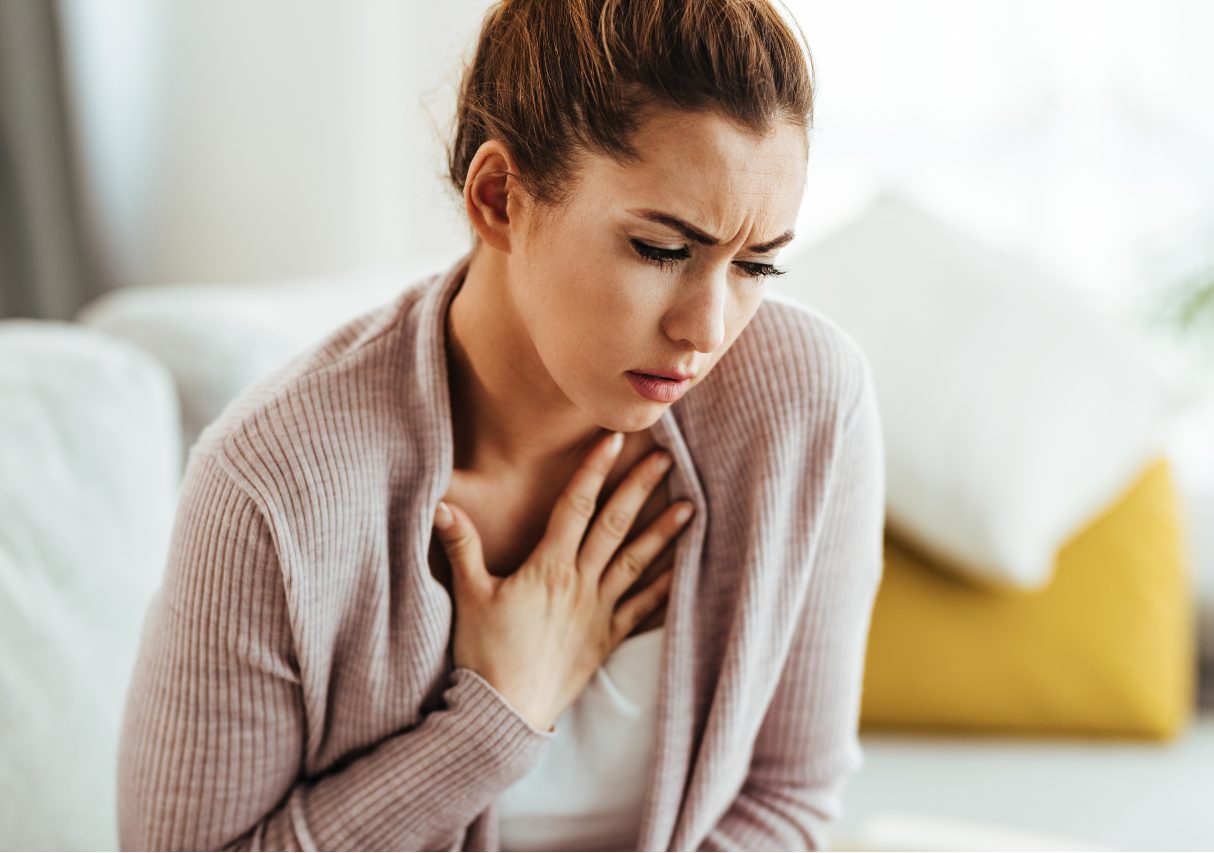Advertisement
Health
-19 If patients were informed about the seriousness of COVID-19, doctors believe it would help to reduce the spread of the virus

What doctors wish patients knew about COVID
Understanding COVID
COVID-19, short for coronavirus disease 2019, has significantly impacted the world. In this chapter, we aim to shed some light on what doctors wish their patients knew about COVID. The information provided herein is not only pertinent but also user friendly, making it seamless for everyone to understand.
First things first, COVID-19 is caused by a virus known as SARS CoV-2 that primarily spreads through respiratory droplets when a person in close proximity coughs or sneezes. Unlike other diseases, one can contract COVID even if they seem healthy, mainly because people with COVID can remain asymptomatic yet still spread the virus.
Bob caught the train one day and did not know that the passenger next to him had COVID. Even though Bob felt fine, he was spreading the virus to others without realizing it since he contracted it from the passenger.
As per doctors:
Fighting Misinformation
With the onset of the pandemic came an unprecedented wave of misinformation. Falsehoods were rampant, causing unnecessary panic and widespread confusion. It’s crucial to trust sources that are renowned and reliable, like the World Health Organization (WHO) and Centers for Disease Control and Prevention (CDC), for the latest updates on the pandemic.
Doctors urge individuals to avoid self-diagnosis based on information gained from unverified sources. Self-diagnosis hinders the correct clinical diagnosis, thereby delaying appropriate treatment.
For instance, Clara read about a supposed COVID cure on a social media platform. She decided to try it rather than seeking proper medical advice. Not only did her symptoms persist, but she also experienced side effects from the unverified ‘cure.’
Doctors advise that:
The Reality of Vaccination
Vaccination for COVID-19 has spurred a range of reactions from elation to skepticism. Doctors really wish patients realized the importance of vaccination not just in protecting oneself but also as a societal duty to contain the transmission of COVID.
Being vaccinated significantly reduces the risk of acquiring severe disease. It’s most likely that you would need to get booster shots as recommended by your health professional. Unvaccinated individuals are at higher risk of developing severe COVID symptoms and spreading the virus.
Consider Joseph, who decided against vaccination due to misinformation. In contrast, his friend Martin went ahead to receive the vaccine and later got a mild variant of COVID. Whereas Martin had mild symptoms and recovered swiftly, Joseph contracted severe COVID.
Vaccine-related information:
Understanding Long COVID
Long COVID, also known as post-acute sequelae of SARS CoV-2 infection (PASC), is a condition where individuals continue to experience symptoms or develop new symptoms months after recovering from COVID. These may include fatigue, brain fog, chest pain, and breathlessness.
You may have come across individuals who suffered from COVID during the initial wave but are still grappling with persisting symptoms today. This is not a rare occurrence but rather a reality that many recovered patients face.
Imagine Linda, a fitness enthusiast who contracted COVID last year. Months later, she still feels fatigue and occasional shortness of breath, which drastically affected her usual routine.
Points to remember:
Not Just A Respiratory Illness
While primarily a respiratory disease, COVID can cause symptoms in many organ systems and doctors do want their patients to know this. It can cause complications such as heart disease, impaired kidney function, neurological damage, and even contribute to mental health issues.
John was surprised when his doctor told him that his continuous feeling of anxiety could be linked to his past COVID infection. It wasn’t just the fatigue or shortness of breath; COVID had also impacted John’s mental health.
Key takeaways:
The Stress on Healthcare Systems
The pandemic has put immense stress on healthcare systems across the world. Doctors want patients to appreciate the fact that resources are spread thin, and non-emergency procedures might be deferred due to an influx of COVID cases.
Anna’s non-urgent hip surgery was postponed as her hospital experienced a surge in COVID cases. She understood the gravity of the situation and acknowledged the pressure healthcare professionals were under.
Things to keep in mind:
Predictability of the Disease
COVID’s predictability is something doctors want their patients to understand better. It is challenging to predict who will develop severe symptoms as the severity varies from person to person and is influenced by age, immunity status and pre-existing conditions.
Ms. Janet, who was in her mid-70s with underlying health conditions, only had mild symptoms and recovered from COVID at home. In contrast, Tom, a healthy 30-year old with no underlying conditions, took weeks to recover and experienced severe symptoms.
Points worth noting:
Safety Measures Post-Vaccination
Completing the vaccination doses doesn’t make one invincible or mark an end to safety protocols. Vaccines significantly lower your risk of severe disease and hospitalization due to COVID but do not offer complete protection. Therefore, continuing to follow public health measures is vital even after immunization.
After getting fully vaccinated, Mike decided he didn’t need to wear a mask anymore, thinking he was fully protected. Soon, he tested positive for COVID with mild symptoms. Thankfully, due to vaccination, his illness did not get severe. He learned the lesson that post-vaccination protective measures were equally important.
What you should remember:
The Unpredictability of the Pandemic
Another aspect doctors wish patients understood better is the unpredictability of the pandemic. Despite being armed with knowledge and scientific understanding, predicting the trajectory of COVID at an individual or global level remains a challenge due to the continual emergence of new variants.
Mrs. Brown thought she was safe as she had a mild bout of COVID a few months ago. However, upon coming into contact with someone who had been infected with a new variant, Mrs. Brown got infected again.
A few pointers:
Summary Table:
| Topics | Key Points | |
|---|---|---|
| Understanding COVID | The virus can affect anyone; social distancing and masks are effective preventive measures; Vaccines offer significant protection. | |
| Fighting Misinformation | Rely only on verified sources; avoid self-diagnosis; Do not forward unverified information. | |
| Reality of Vaccination | Vaccines prevent severe COVID; it is a social responsibility to get vaccinated. | |
| Understanding Long COVID | Persisting symptoms after recovery are possible; rest and gradual return to activities recommended | |
| Not Just A Respiratory Illness | COVID can affect other organs; you might experience changes in your mental health. | |
| Stress on Healthcare Systems | Hospitals are prioritizing based on urgency; patient cooperation appreciated. | |
| Predictability of the Disease | Severity varies among individuals; monitor your symptoms closely. | |
| Safety Measures Post-Vaccination | Masks and social distancing important even post-vaccination. | |
| Unpredictability of the Pandemic | The emergence of new variants makes the pandemic unpredictable; stay updated with local regulations. |












